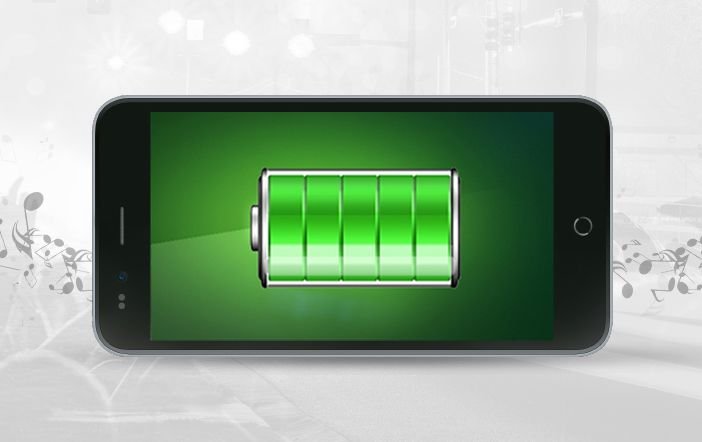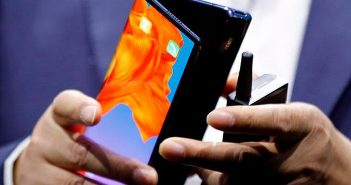The year, 2016 has witnessed some really big battery breakthroughs in terms of technology. We’ve seen devices which could receive the charge from bacteria as well as the nanowire electrodes which could manage with hundreds of thousands of cycles. Furthermore, researchers are now turned towards biology.
Researchers at the University of Cambridge have developed a prototype of a battery which is derived from a next-generation lithium-sulphur technology. The said battery is developed by taking the inspiration from the cells which line the human intestine.
The study says that the batteries developed on such technology could hold five times the energy density as of the lithium-ion batteries which are used in most of the smartphones and other electronics these days.
Dr. Vasant Kumar’s team at the Cambridge University has tested a lightweight nanostructured material which is similar to the villi. The villi are used in the human body to soak up the products of digestion and enhance the surface area on which the process can happen.
Dr. Kumar’s team in the Department of Materials Science and Metallurgy at the Cambridge University is working in collaboration with the Beijing Institute of Technology. The newly developed lithium-sulphur battery by the researcher team has a layer of material which is similar to the structure of villi and is made from tiny zinc oxide wires, is located on the exterior of one of the battery electrodes. This can catch the sections of the active material when they come away, maintaining them electrochemically reachable and allowing the material to be use again.
Most of the latest mobiles or Smartphone that are available in market pack a lithium-ion battery which puts certain limitations on the capacity of the device. And as a result of which the batteries in the smartphone drains out faster. On the other hand, a lithium-sulphur battery has a set of improvements over that setup, in terms of theory. The components of such batteries are smaller, cheaper and lighter than the lithium-ion batteries.
However, the said lithium-sulphur batteries are still under prototype stage and its commercial availability is not arriving in recent times. It might take years for the final development of such batteries for its way to commercial utilization.




